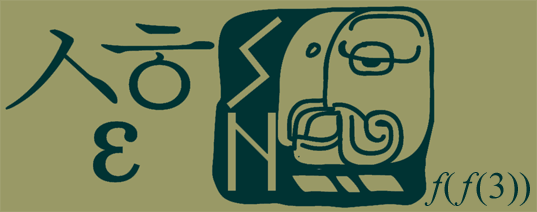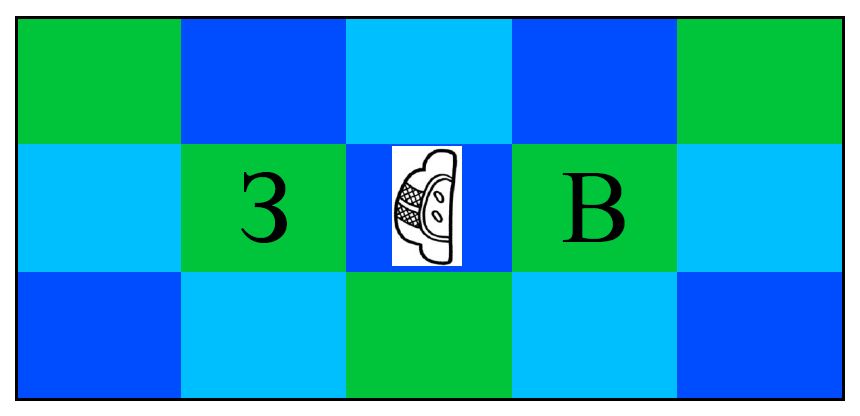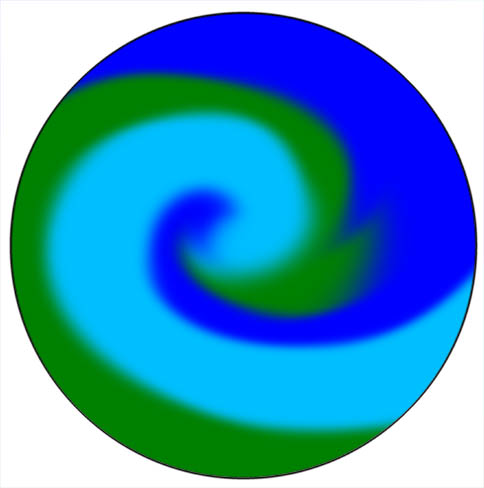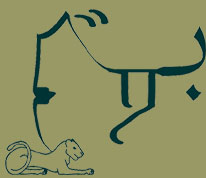 |
 |
|||||||
 |
 |
|||||||
 |
||||||||

the Fr.#.a… series
The program:
"Notes for a novel: opening possibility. Rifkin led a fragmented, disjointed existence. He had long ago come to this conclusion. All people know the same truth. Our lives consist of how we choose to distort it. Only his writing was calm. His writing which in more ways than one saved his life."
-Woody Allen, Deconstructing Harry
I love this quote from the ending of Deconstructing Harry, and I think it's an apt description of how I—and presumably many others—feel about human existence. My experiential memory seems to be terribly fragmented and splintered, and my recall of past events often seems to be more like a scrambled narrative than any kind of visceral or strongly visual memory. I have no idea if this is generally true for everyone, unique to me, or actually a distorted description of a memory capacity that is much better than I think it is. I can't ever know the subjective experience of other's memories. I do know that, for whatever reason, it bothers me—sometimes a great deal.
I've been adopting various techniques to try to counteract this. Keeping a journal hasn't really happened; I'm constitutionally incapable of keeping it up and I tend to record events in precisely the same denatured, falsely-narrativized fashion that Iím worried about in the first place. I've had more luck with simply recording random, in-the-moment facts in my various music notebooks: if I sketch down a sudden inspiration I try to remember to include some banal details about where I am and what I was doing before the sketch. Similarly, if I do write down brief journal entries about particularly significant dates, I include mundane details such as what I ate for lunch or the look of the stairwell in the hotel. When I take pictures on vacation, I make sure to remember to photograph the layout of our room and boring little details like doorknobs and the carpet. This is exactly the sort of thing that might be pointed to as a sign of narcissism or at least of a sad and boring existence, but Iíve found that it is precisely these sort of pathetic little details that are most likely to engender more fully-embodied memories. Taking the n-teenth picture of the Eiffel Tower will not help in the slightest. Taking a picture of myself or my wife Jenny in front of the Eiffel Tower might help somewhat, but is generally an annoying thing to do and the resulting objectivity of seeing myself in the third person actually ruins my central purpose of reigniting a subjective experience. Photos of the precise Métro stop we used to get there and of the croque-monsieur sandwich I had afterwards begin to situate the day much more effectively.
Anyway, that's an overly long introduction to the inspiration for the series of pieces I've written that I'm calling the Fr.#.a… series. These are collections of short pieces, often quite fragmentary or even incomplete, each written in a more or less stream-of-consciousness state on subjectively significant dates or in interesting places. The majority thus far have been written in the locales my wife and I have visited on vacation, though some are just at restaurants I like or on appealing dates. As a general rule, the pieces aren't written with a particular intent to capture the environment in any way, despite the cheeky Mozart quote here and there in the fragment I wrote in Salzburg or the reliance on all-interval tetrachords on November 11th, 2011 (11/11/11, the interval vector for that pitch collection). However, I firmly believe that something about my mental state is surely captured in this process, and I have had enormous luck recalling fairly vivid memories of the times of composition.
Ultimately, they are enigmatic little artifacts of times that are forever lost to me in all but the most fleeting ways. As such, I chose a title schema similar to that used by museums and archaeological archives to systematically label the various fragments and artifacts collected from historic sites that offer inscrutable little hints about bygone cultures and societies. For example, one of the most important cuneiform tablets thus far discovered—at least as far as the attempt to translate ancient musical notation is concerned—is UET VII.74. "UET" stands for "Ur Economic Texts", and refers to a massive collection of tablets that have been discovered across many different archaeological explorations of the ancient city of Ur. "VII" refers to the fact that this particular tablet, along with many others, was discovered on the seventh such expedition, and "74" simply provides a unique number for this precise tablet (now known as the "tuning text").
The "Fr" part of my titles is short for "fragment" and the Roman numeral that takes the place of the # refers to the particular collection being grouped together (generally by instrumentation). Each individual fragment is then given a unique lowercase letter. So the third fragment in my second collection is Fr.II.c and the sixth fragment in my first collection is Fr.I.f. These abstract titles are usually augmented by the date, time and circumstances of composition. A complete collection, for example, would then by labeled something like Fr.II.a-k: the name for the second collection of fragments, which has eleven movements.
In the preceding paragraph, I said that archaeological artifacts in museums offer inscrutable hints about long-lost societies, but the increasing agglomeration of such data with each new expedition and discovery reveals more and more and lessens this inscrutability with each finding. We'll never fully reconstruct these lost worlds, but we will continue to enrich our sense of their context and deepen our understanding even if only in a piecemeal fashion. Indeed, a large part of these artifacts' value lies in their surface banality. We can relatively easily find evidence of vast migrations, enormous structures and massive wars, but it's the tiny fragments of quotidian existence that provide the insignificant details which truly begin to ressurect.
Similarly, I hope these pieces—though often intensely short and strange little fragments—achieve some kind of larger meaning in combination; that some sort of context and deeper meaning reveals itself through accretion. I said above that they were enigmatic pieces with little direct connection either to each other or to the situations they allegedly document. I hope, however, that in combination they provide momentary glimpses of a subjective experience, albeit through a thick and partially-torn veil. A subjective experience as nebulous, as frustrating, and as fleetingly glorious as memory itself.
The structure:
Pieces in this series:
PortRait of the ArTist,**NYC2001
Solo Cello and Recorded Electronics
Summer '01
more info







